Georgia Tech is not accepting applications for 2026 PPFP fellows
Georgia Tech is not accepting applications for 2026 PPFP fellows. New candidates from Georgia Tech and other campuses are encouraged to apply to any of the other partner institutions. Applications are typically due by November 1, but may vary by host institution (check the link for all deadlines).
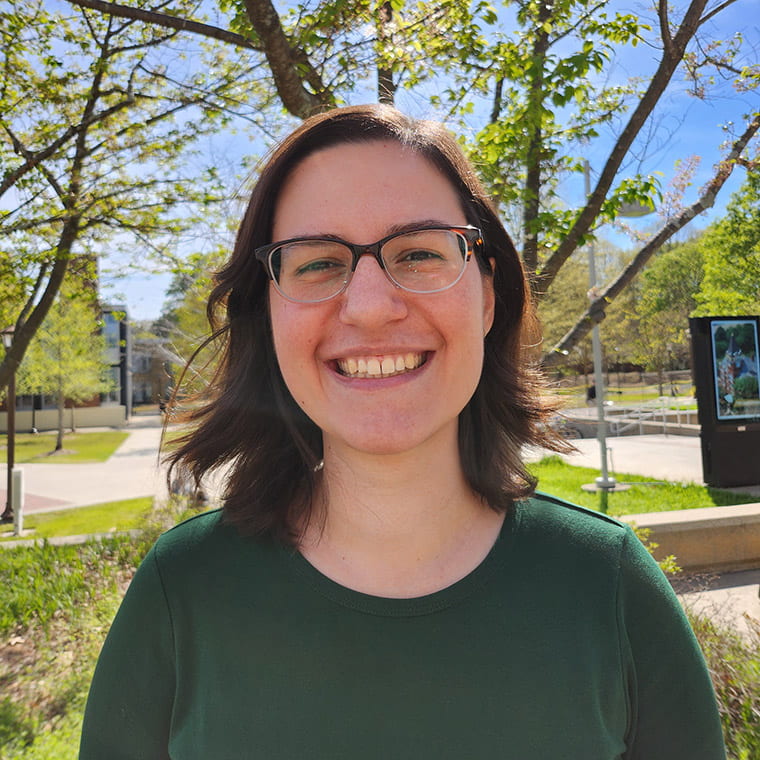
Luisa Barrera
Luisa Barrera is a postdoctoral fellow in the George W. Woodruff School of Mechanical Engineering and a first-year PPFP Fellow. She earned a B.S. in Materials Science and Engineering at the Massachusetts Institute of Technology in 2016 followed by a M.S. and Ph.D. in Mechanical Engineering at the University of Michigan in 2023. Her graduate studies focused on harnessing solar energy to electrochemically treat wastewater nitrogen species for nutrient and energy recovery. As a postdoctoral fellow, she is continuing her work in waste nutrient recovery by expanding her scope to include organic nitrogen species as well as other waste matrices, such as wastewater sludge.
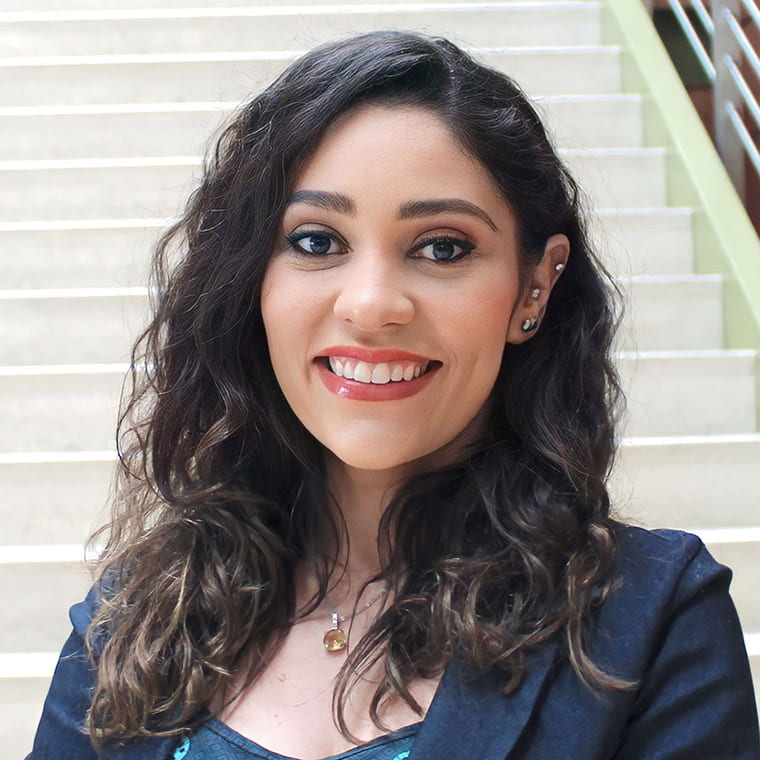
Vanessa Franco Carvalho Dartora
Vanessa Dartora is a postdoctoral fellow within the Wallace H. Coulter Department of Biomedical Engineering and a first-year PPFP Fellow. She completed her B.S. in Pharmaceutical Sciences from the University of Cuiaba, Brazil, and further pursued her MS and Ph.D. in Pharmacology at the Institute of Biomedical Sciences, University of Sao Paulo. Her academic focus involved innovating nanostructured and nanoparticulate delivery systems to enhance drug distribution, co-localizing multiple agents in targeted areas such as skin and breast tissues, with potential benefits for breast cancer, skin diseases, and wound healing treatments. Prior to joining Georgia Tech, she conducted postdoctoral research at the Biomedical Engineering Department of the University of California, Davis, as part of the UC Davis Stem Cell and Gene Therapy Training Program. Her research is broadly based on interdisciplinary approaches including biomaterials, peptide synthesis, cell biology, analytical characterization, and translational medicine. Her current postdoctoral research at Georgia Tech is focused on the engineering of biomacromolecules to modulate the secretome of Endothelial Progenitor Cells (EPCs), encompassing growth factors, cytokines, miRNA, and extracellular vesicles (EVs), to enhance both angiogenesis and skin regeneration. This research convergence has the potential to impact the field of regenerative medicine.

Rachael Thompson Panik
Rachael Thompson Panik is a postdoctoral fellow in the School of Civil and Environmental Engineering in the Transportation Systems Engineering group. Rachael holds degrees in transportation engineering and urban planning from the University of Alabama at Birmingham (B.S.), Clemson University (M.C.R.P), and Georgia Tech (Ph.D.). Before pursuing her Ph.D., she worked as a transportation engineering and planning consultant, helping communities across the U.S. implement safe infrastructure for bicyclists and pedestrians. Rachael leverages her diverse work experience and education towards an interdisciplinary program of research on transportation safety. She uses advanced quantitative methods to study “upstream” safety — causes of traffic crashes that do not relate to crashes themselves, but rather decision-making factors that preclude effective planning of safe transportation systems. Recent focus areas include exploring and eliminating barriers to implementing safe infrastructure, studying attitudes toward safety among decision-makers, and estimating biking and walking volumes toward risk-based project prioritization.

Parisa Sarikhani
Parisa Sarikhani is a President’s Postdoctoral Fellow in the School of Electrical and Computer Engineering and a Georgia CTSA NIH TL1 Postdoctoral Scholar. She earned her B.Sc. and M.Sc. degrees in Electrical and Computer Engineering from Shiraz University and later completed her M.Sc. and Ph.D. in Computer Science and Informatics at Emory University. During her graduate studies, Parisa focused on developing precision neuromodulation therapies using artificial intelligence. At Georgia Tech, she investigates the mechanisms of brain circuits and their interactions with electrical stimulation by leveraging advances in neuromodulation technologies, biophysical modeling, and machine learning. This work aims to guide clinical decision-making for deep brain stimulation in treatment-resistant depression. Parisa’s research bridges neural and artificial systems to uncover the fundamental mechanisms of brain circuits and the structural and functional dynamics underlying neurological and psychiatric disorders. She also studies how external stimulation influences brain dynamics, contributing to a deeper understanding of the complex brain networks.
PPFP at GT Alumni
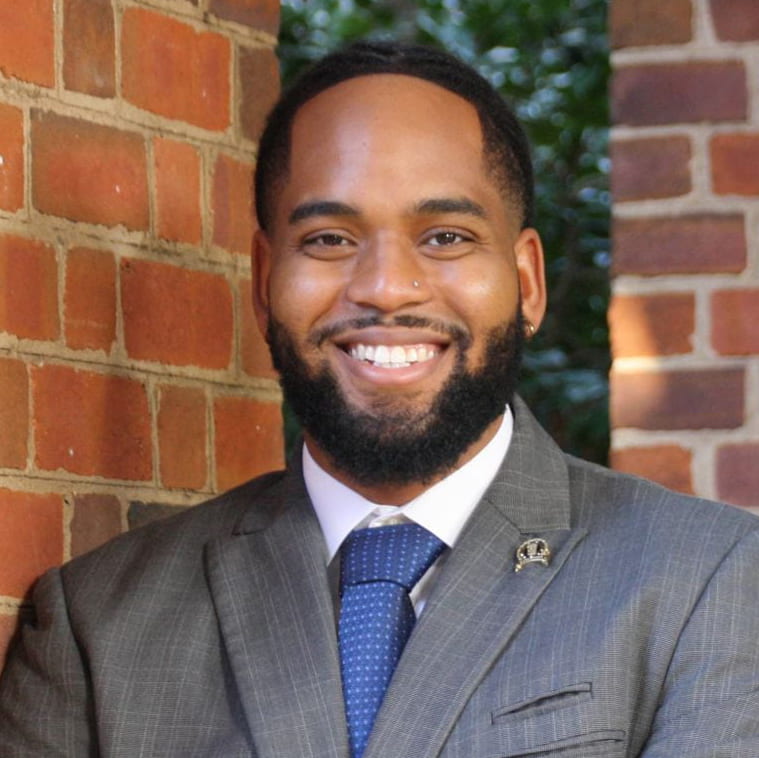
Darius Carter
2021-22 Cohort, 2022-23 Cohort
Assistant Professor, Department of Mechanical and Aerospace Engineering
North Carolina State University
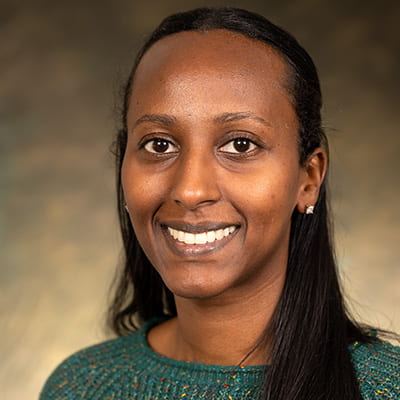
Naomi Deneke
2022-23 Cohort, 2023-24 Cohort
Research Associate in the Polymers Processing Group
Materials Science and Engineering Division
National Institute of Standards and Technology
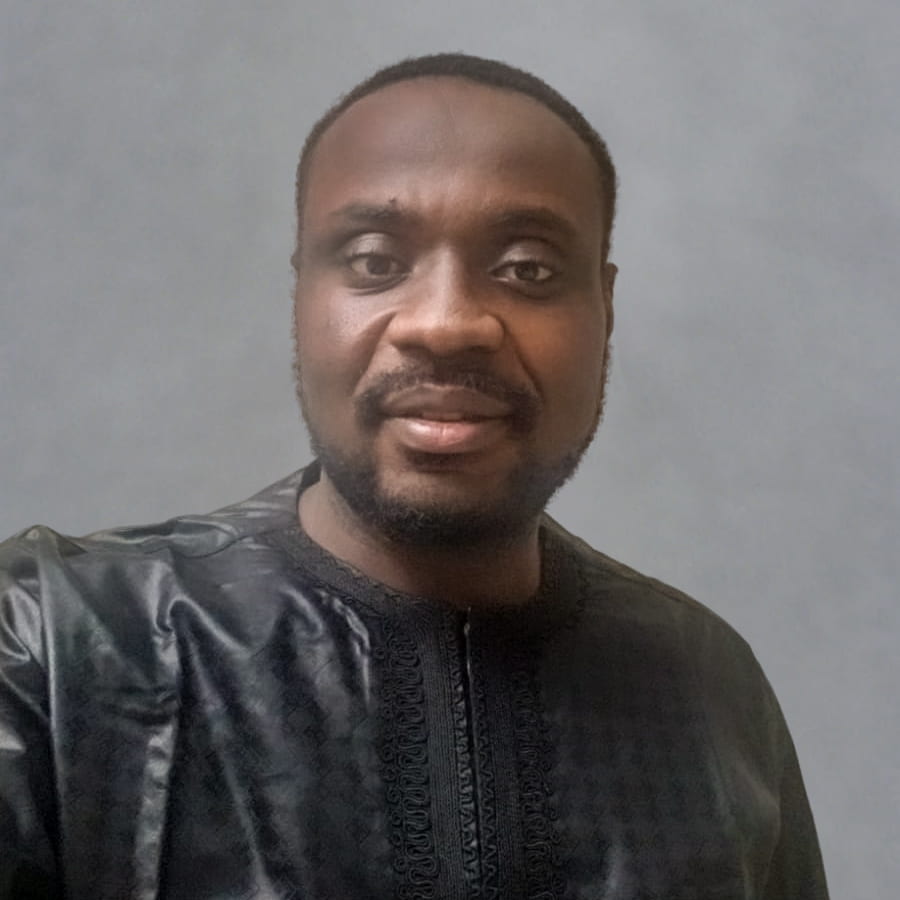
Samuel Fagbemi
2022-23 Cohort, 2023-24 Cohort
Postdoctoral Research Associate in the Multiscale Materials Group
Oak Ridge National Laboratory
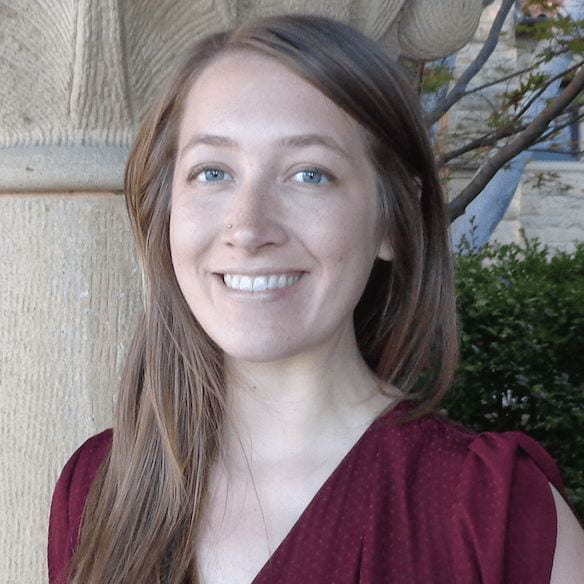
Katherine Graham
2021-22 Cohort, 2022-23 Cohort
Assistant Professor, School of Civil and Environmental Engineering
Georgia Tech

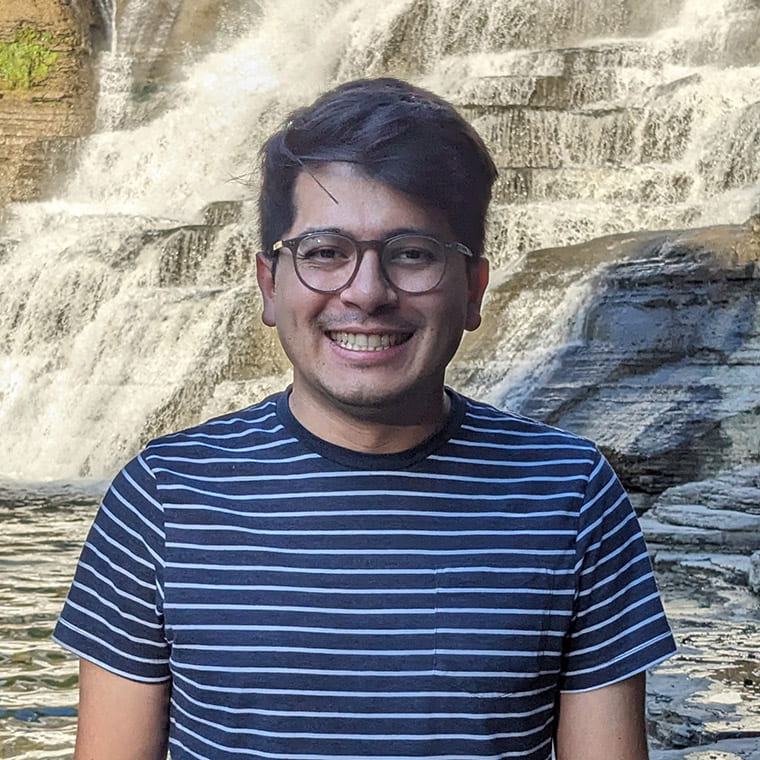
Juan Carlos Martinez Mori
2023-24 Cohort, 2024-25 Cohort
Assistant Professor, Department of Mathematical and Statistical Sciences
University of Colorado
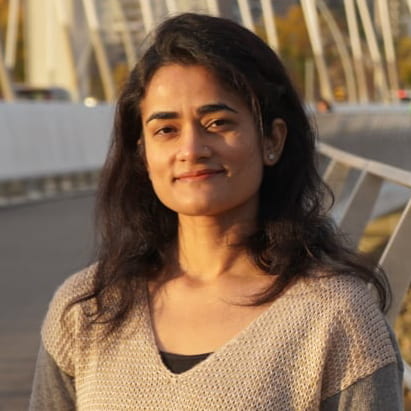
Anuja Tripathi
2022-23 Cohort, 2023-24 Cohort
Postdoctoral Fellow, School of Civil and Environmental Engineering
Georgia Tech
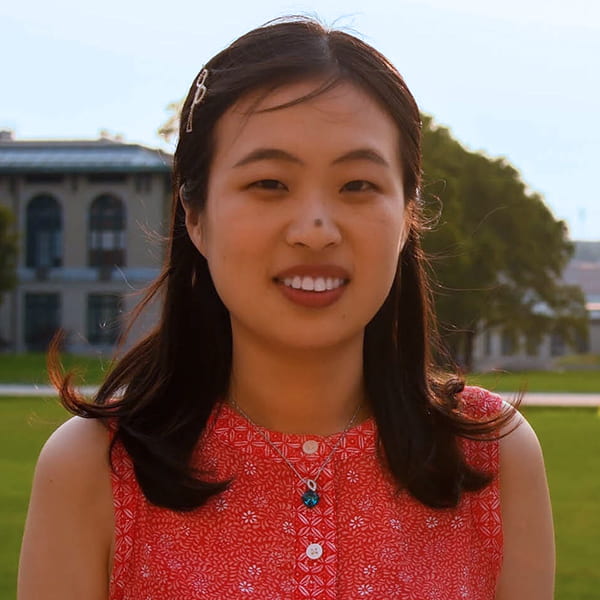
Jingyan Wang
2021-22 Cohort, 2022-23 Cohort, 2023-24 Cohort
Research Assistant Professor
Toyota Technological Institute at Chicago

Martin Zubeldia
2021-22 Cohort
Assistant Professor, Department of Industrial and Systems Engineering
University of Minnesota

